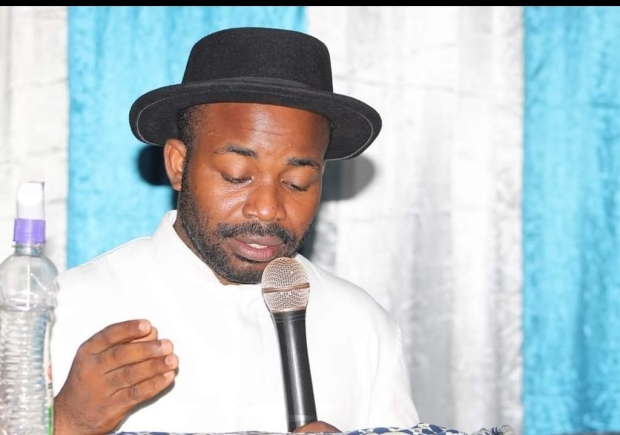
The dangers of politicising National Issues in Ghana
Our political parties have provided the platform for our country's development and cohesion. Political discussions are important for a healthy democracy.
However, a worrying trend is growing in beloved country, where major national issues are being politicized. If this continues, it can divide the country, slow down development, and weaken national unity.
National issues, ranging from economic crises, educational reforms, healthcare, and infrastructure development to environmental conservation, should be approached with a sense of unity. These issues affect all of us as Ghanaians, regardless of our political affiliations.
However, when these issues are politicized, the focus shifts from finding collective solutions to engaging in partisan debates that serve the interests of the two major political parties in the country rather than the people. This often results in policies aimed at winning political votes especially in election years rather than fixing the actual problems bedevilling all.
Sometimes major national concerns are viewed through partisan lens, dividing the country along political lines, with one side blaming the other instead of having useful national discussions. Such polarization threatens the social fabric of the nation, and becomes a battle of "us versus them," instead of seeing ourselves as one people with a common enemy.
Instead of fighting the enemy we fight and destroy ourselves. Discussions become less about facts and solutions and more about which political party can score political points. Sometimes projects in certain communities are deferred or not done because of their affiliation to a particular party.
For Ghana to continue progressing as a beacon of democracy and developing in Africa, it is essential to reduce the politicization of national issues. These matters should go beyond party politics and be addressed with a sense of shared responsibility. Here are some steps that can help achieve this:
Firstly, national issues should be discussed in forums that encourage constructive, non-partisan debate. Creating spaces where political leaders, civil society, and citizens can discuss national challenges without political interference finding solutions that work for all.
Secondly, our state institutions, such as the Judiciary, Security Services, Electoral Commission, and anti-corruption bodies, must remain independent and strong. When these institutions are free from political influence, they can serve as neutral arbiters of national issues, ensuring that decisions are made in the national interest rather than for a particular political party, which will not remain in power forever.
Additionally, political parties must refrain from micromanaging or interfering in the operations of state institutions. Political power is not permanent, and those who meddle in state affairs may face consequences when they find themselves in opposition. Individuals entrusted with leadership roles in our institutions must remain strong and resolute, resisting any attempts to be manipulated or swayed by personal gain. When state institutions operate independently, it fosters public trust and contributes to national unity, rather than division and polarization.
Furthermore, the National Commission on Civic Education (NCCE) should intensify the education of all on the importance of national unity and the danger of excessive politicization. More education on national cohesion should go on in our schools so that our children would assimilate the importance of national dialogue and cohesion. The NCCE should engage the services of religious bodies, Civil Society Organisations (CSO) and traditional authorities. When citizens understand that national issues require non-partisan solutions, they are less likely to be swayed by divisive political rhetoric.
Lastly, the media as the fourth estate of our governance system plays a crucial role in shaping public opinion. Media houses set the agenda for discussion each morning. They should promote balanced and factual reportage on national issues, avoiding the temptation to frame every issue as political. It would be better if certain national issues were discussed by politically neutral individuals, rather than staunch party supporters, to help educate and inform the public. Objective and unbiased reportage can help to depoliticise sensitive issues and foster informed public debate.
Bringing my discussion to an end it is imperative we know that our future depends on how well we manage our national issues without extreme obnoxious partisan interference. Inordinate politicization of national issues risks deepening division in the country, delaying progress, and undermining the national interest and development.
As a nation, we must learn to prioritize the common good over selfish political interest. It is only through unity, accountability, and cooperation that our beloved country can overcome its challenges and build a brighter future for all especially the generation unborn. I conclude with the words of Dr. Chuba Williams Okadigbo “If you are emotionally attached to your tribe, religion or political leaning to the point that truth and justice become secondary considerations, your education is useless. Your exposure is useless. If you cannot reason beyond petty sentiments, you are a liability to mankind.”
